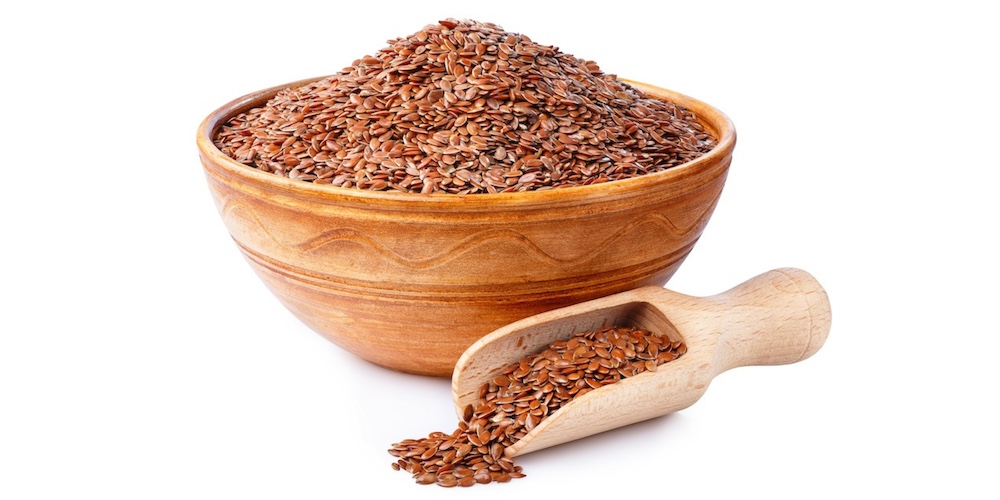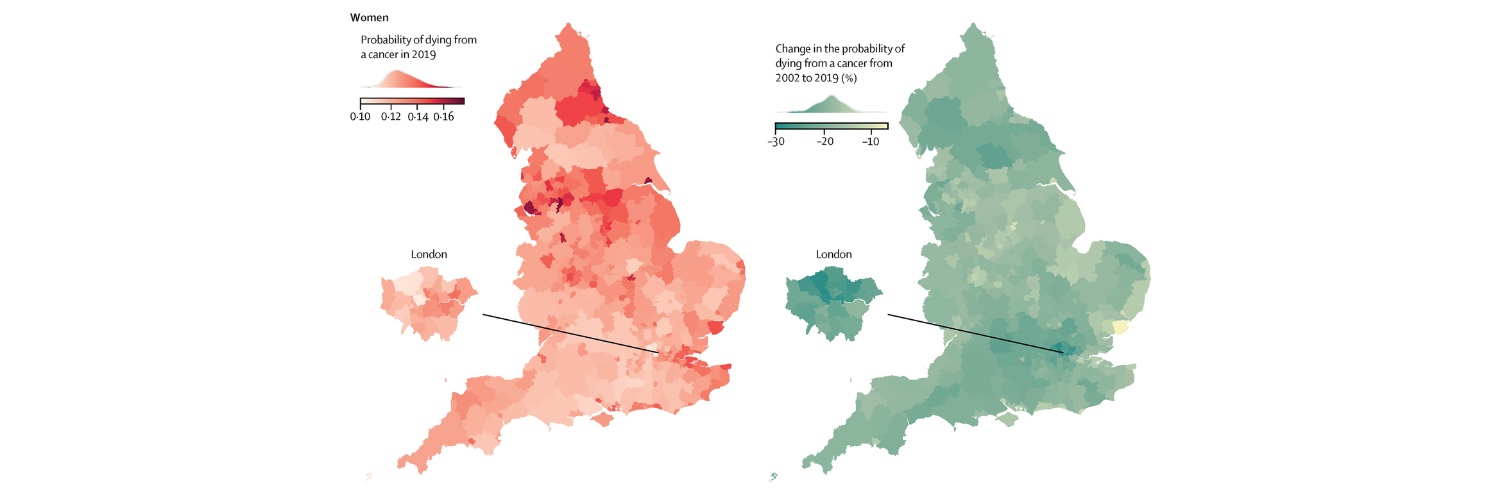News
Older adults with advanced cancers may do better on modified regimens
Lowering the dose and adjusting the schedule may help older adults with advanced cancer better tolerate chemotherapy. The cohort study, published in JAMA Network Open, February 15, found older patients with advanced cancer who underwent primary treatment modification had a…
Financial vulnerability linked to late cancer diagnosis
Patients with major ‘adverse financial events’ – bankruptcies, liens (losing ownership of property pending payment of debt), or evictions – are more likely to have cancer diagnosed at an advanced stage than those without such serious financial problems. The US…
Increasing cardiorespiratory fitness reduces risk of prostate cancer
Increasing cardiorespiratory fitness rates by an average 3% a year or more is linked to a 35% reduced risk of men developing prostate cancer in comparison to those whose fitness levels declined by 3% over the same time period. The…
Drop in metastatic breast cancer mortality ‘greater than expected’
Between 1975 and 2019 breast cancer deaths dropped by 58% due to a combination of screening mammography and improved treatment. The US modelling study published in JAMA, 16th January 2024, found that by 2019 nearly one third of the decrease…
Lynch syndrome patients show poor aspirin adherence
Only around one third of people with Lynch syndrome, the most common form of hereditary colorectal cancer, report taking aspirin as chemopreventive therapy. The survey, abstract 19, presented at the 2024 ASCO Gastrointestinal Cancers Symposium, held January 18–20, in San…
Rise in initiation of immunotherapy at the end of life
Immunotherapy is increasingly being initiated in the month prior to death in patients with stage IV non-small-cell lung cancer, melanoma, and renal cell carcinoma. The US study, published in JAMA Oncology, online January 4, showed the practice was more common…
Flaxseed could provide protection against breast cancer
Components of flaxseed may help to prevent the development of breast cancer. The mouse study, published in Microbiology Spectrum, 7 December 2023, uncovers a novel link between flaxseed consumption in the diet, the gut microbiota and microRNAs in the breast…
Inequalities in cancer mortality highlight need to adapt approaches to local conditions
The risk of dying from cancer is highest for men and women living in areas with greater poverty. A study into small-area variations in cancer mortality statistics between different English health districts, published in Lancet Oncology, 11 December, found that…
Exercise boosts quality of life in metastatic breast cancer
People with metastatic breast cancer taking part in a nine-month structured exercise programme report less fatigue and improved quality of life in comparison to controls. The study, abstract GS02-10, presented at the San Antonio Breast Cancer Symposium, held December 5–9,…
A European roadmap to improve men’s cancer outcomes
Ensuring gender-neutral HPV vaccination, more flexible GP access hours, and national cancer plans tackling gender specific needs are among the policies that have been identified to improve male cancer outcomes. The roadmap ‘Time to Accelerate: Action on Men and Cancer’,…










